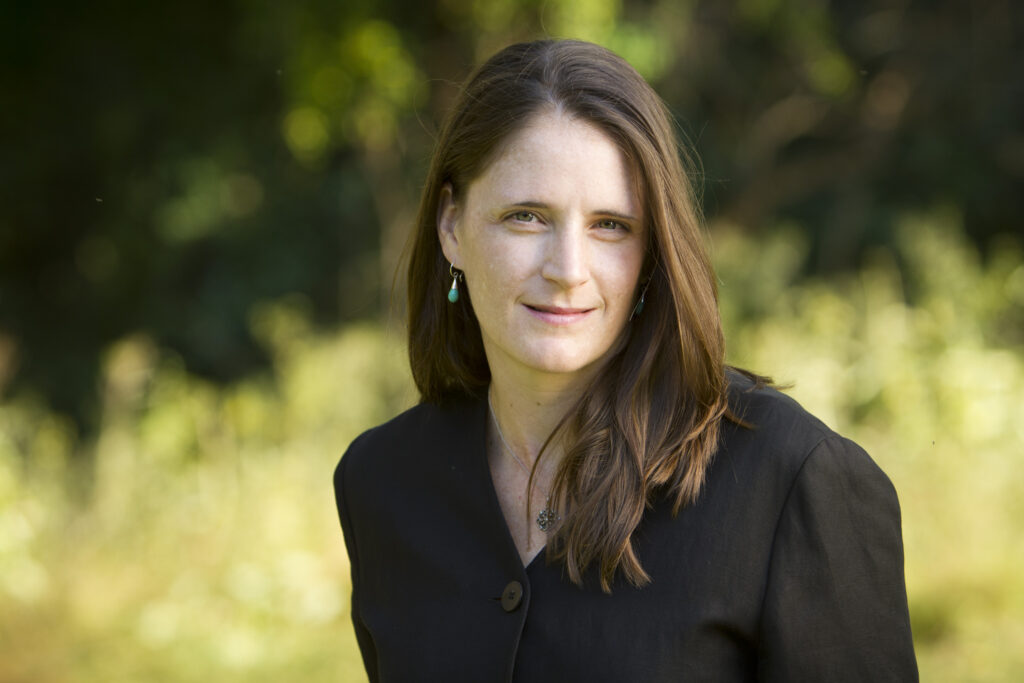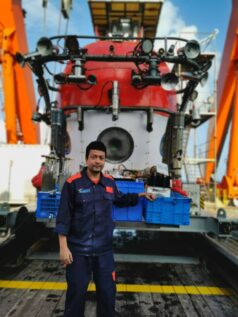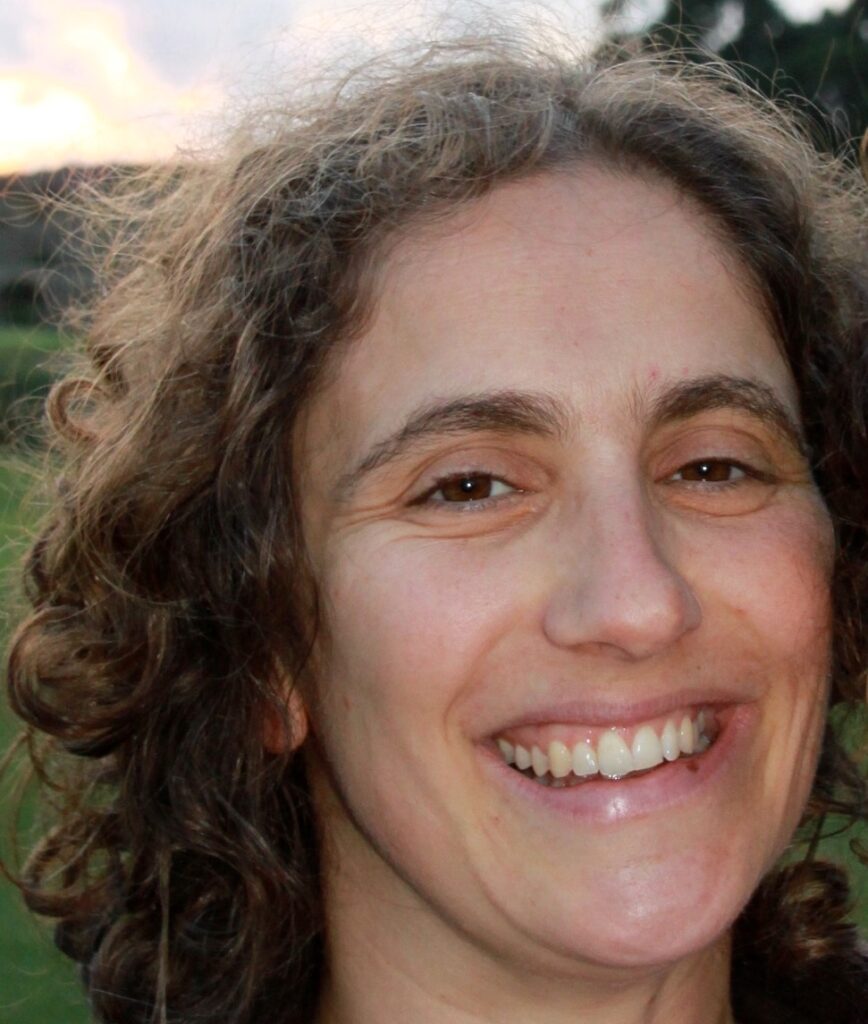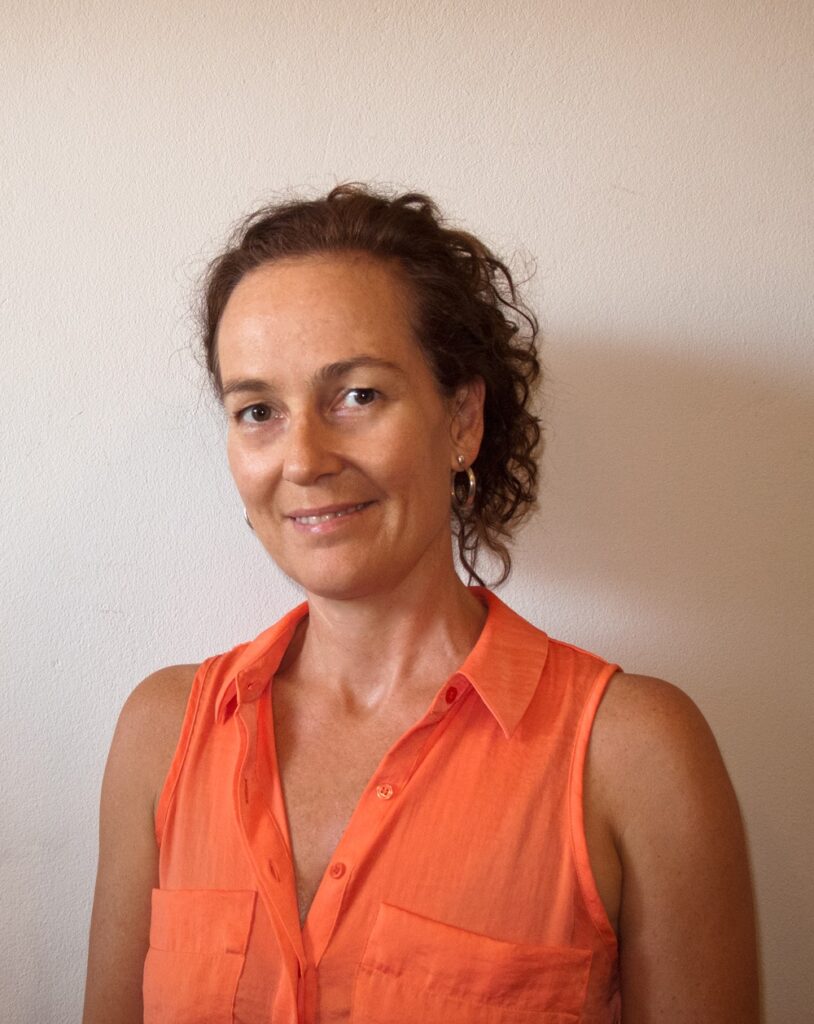DOSI Webinar Series
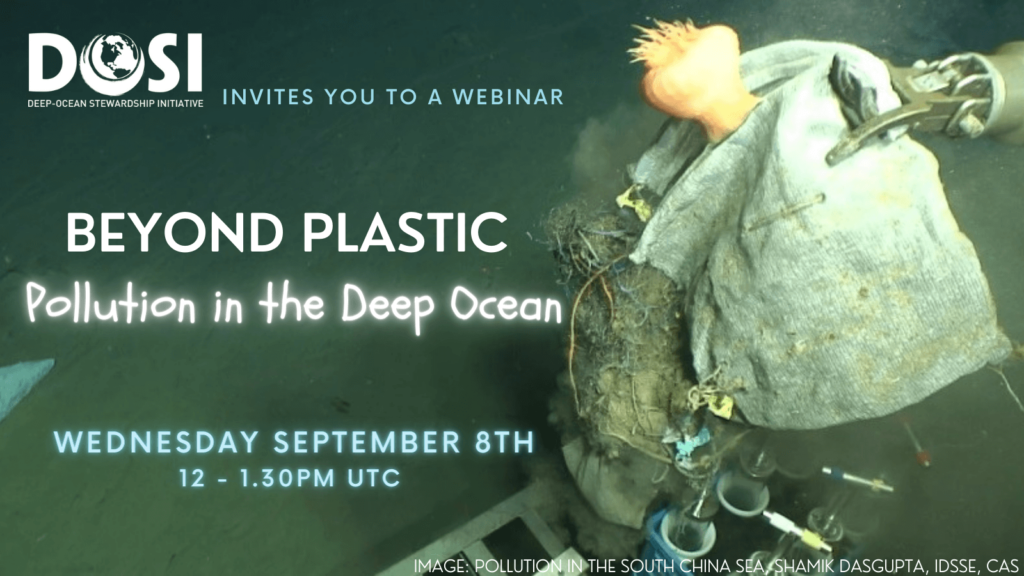
Plastic often grabs the headlines and its pervasiveness in the natural environment, including the deep ocean, is both highly visible and alarming. But plastic is far from being the only anthropogenic pollutant impacting the most pristine and inaccessible parts of the ocean. In this webinar, experts addressed the different types of pollutants impacting open and deep-ocean marine life, how they reach the deepest parts of the ocean and what is being done to address the issue from a regulatory perspective. There were also be case studies presented from around the world demonstrating how pollution and debris in the deep ocean has tangible impacts on marine life. Details of speakers can be found below the video.
WATCH NOW
Speakers
Ivan Hernandez, is a recent graduate from the University of Gibraltar in the MSc Marine Science and Climate Change programme. He did his dissertation project on a case study of marine litter in submarine canyons and will be starting a PhD (fully funded) at the Universitat Politcenica de Catalunya in Barcelona, studying the accumulation, distribution and dispersion of plastics along the Barcelona coastline.
Topic: Introduction to Pollution in the Deep Ocean
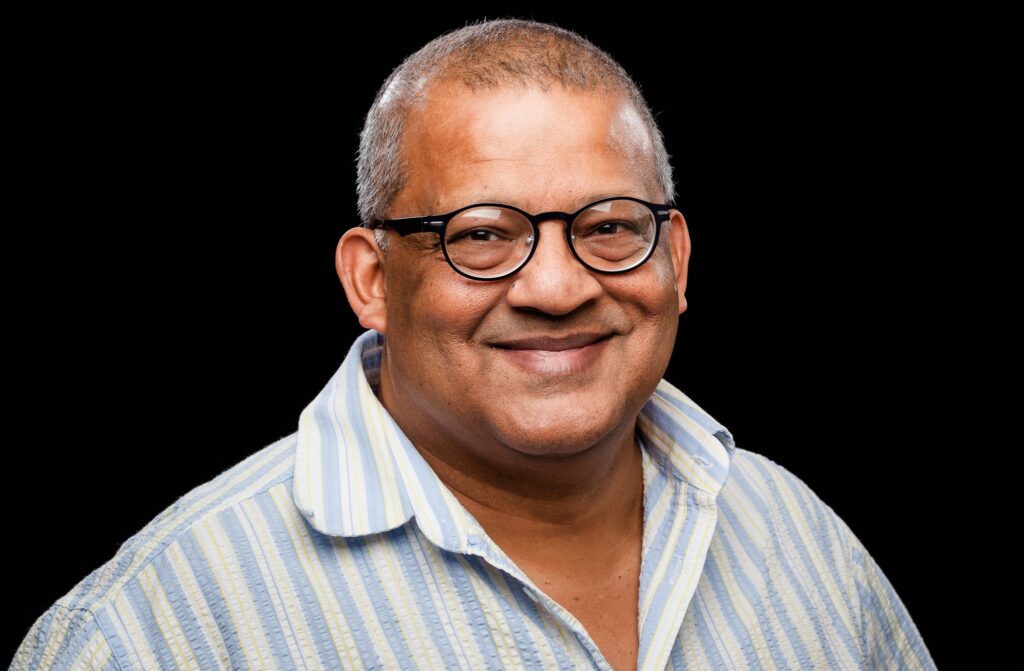
Credit: CC BY-SA 4.0
Professor Charitha Pattiaratchi is professor of Coastal Oceanography at the Oceans Graduate School and the Oceans Institute at the University of Western Australia. His research encompasses coastal ocean physical processes and their influence on climatic, biological, and geological processes in estuaries, the nearshore and the continental shelf.
Topic: Pathways for pollution to enter the deep sea
Dr Patricia Zárate works at the Instituto de Fomento Pesquero in Chile, and is an expert on sea turtles and large pelagic animals. Her field of research has involved population dynamics and applied ecology for marine ecosystem conservation and fisheries management.
Topic: Highly Migratory Species Fisheries: ingestion of plastic and heavy metal biomagnification
Elizabeth Hogan, of the National Geographic Society (USA), has worked on ocean plastic pollution throughout the global NGO sector for over 10 years, specialising in marine wildlife entanglement and sustainable fisheries. To respond to these issues, she co-founded the Global Ghost Gear Initiative, a worldwide coalition dedicated to policies, projects, and scientific research to mitigate the effects of plastic pollution on ocean ecosystems and wildlife.
Topic: The Impact of Ghost Fishing on Marine Wildlife
Associate Professor Shamik Dasgupta is a biogeochemist at the Institute of Deep-Sea Science and Engineering at the Chinese Academy of Sciences. He is currently involved in the exploration of deep-sea pollutants, including large plastics, organic pollutants, and microplastics, tracking abundance, distribution, movements, and sources of such pollutants in the Mariana Trench, western Pacific Ocean and South China Sea.
Topic: Persistent organic pollutants in the Mariana Trench sediments
Inês Martins works at the Okeanos-Azores University, R&D Institute on Marine Sciences in Portugal. She dedicates her research to interdisciplinary studies in marine ecotoxicology and ecophysiology. Her main goal is to identify the molecular mechanism behind the regulation and detoxification of metal ions in deep-sea organisms. Presently she is working with cellular physiology in cold-water corals using proteomics, histology and gene expression as her main tools to identify oxidative stress biomarkers.
Topic: Impacts of acute copper concentrations on cold-water corals under an ocean acidification scenario
Dr Karen Raubenheimer, University of Wollongong (Australia), holds a PhD in international policy to prevent marine plastic pollution and has worked closely with the United Nations Environment Programme (UNEP), the Regional Seas Programme and governments on the issue of plastic pollution. She was lead author on a number of publications, including for UNEP and the Nordic Council of Ministers for the Environment and Climate, which assessed the current international and regional policy frameworks and suggested elements for a new global agreement to prevent plastic pollution.
Topic: Legal and policy frameworks to prevent plastic pollution in the deep sea
There are other introductory webinars in this DOSI series:
- Treasures of the Deep: Life and Rocks (on Deep-Seabed Mining)
- Climate Change in the Deep Ocean: why does it matter?



